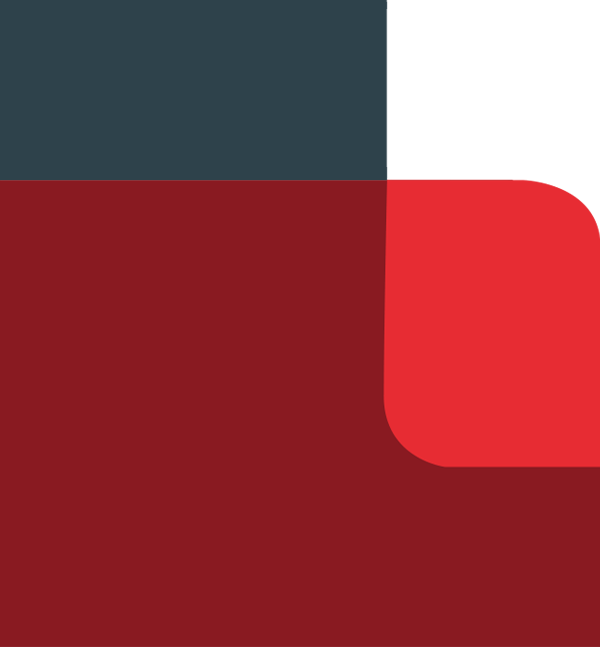The Cambodian government is clearly in the driver’s seat. Although they didn’t start in pole position, over the course of some laps they were able to manoeuvre themselves in a comfortable place to end on the UHC podium. The vehicle assembled during the last year and employed for this trip is the Social Protection Policy, which is in the process of endorsement following the last checks by the supreme body of designers.
To ensure its durability and increase the likelihood of implementation and enforcement, a legal code is being formulated to embed this policy. Development of this code receives technical assistance by GIZ and ILO, with inputs of UNICEF (social assistance), and financial support of USAID. Since the social protection policy is broad, many details have to be elaborated to allow for sufficient information to formulate clauses and general provisions. To stimulate development of a legal code in line with international best health financing practices, partners making up the P4HC+ network jointly formulate a set of principles they value to be reflected in the chapter on social health protection.
To broaden knowledge, partner representatives and government officials participated in a 2-day workshop on efficiencies in the health sector organised by Health Financing and Governance Programme. The International Organization of Migration joined the network and assists in considering the plight of the unknown but substantial number of Cambodian migrants operating in Thailand. UNAIDS also joined P4HC+.
As scheduled, the new P4H arrangements under P4HC+ in Cambodia, including the Modus Operandi, were introduced to the National Social Security Fund (Ministry of Labour) as well as the Ministry of Health, more precisely the Technical Working Group Health. The latter is a sectoral coordination mechanisms between the Ministry of Health and development partners –bi/multilateral and non-governmental. The concept and associated activities of P4HC+ was well received whereby the Ministry of Health expressed appreciation to include NGOs in the network and the National Social Security Fund would value more technical and financial assistance. The later started the health insurance for the private sector employees, enrolled about 532 (garment) factories with 495,000 employees. Among enrolled factories, around 300 factories had paid their premium contributions by mid-December. 522 health providers were contracted for delivering services and during the first month of operations 10,000 employees made use of the system. Urged by the Council of Ministers, health insurance for civil servants and veterans is to commence before April next year.
The pooled funding programme, H-EQIP commenced in all earnest but Health Equity Fund Operators still have to be recruited to optimise the operations of the respective schemes. This recruitment is expected to happen soon. Meanwhile, the Social Health Protection Association, an umbrella organisation for NGOs operational in the field of social health protection was commissioned by P4H to do a consultative study amongst development partners and major line ministries (health, finance, labour) about the possible arrangement to extend financial risk protection to the non-poor informal sector population -the missing middle. Preliminary potential configurations include obligatory linking of health insurance to loans from banks and microfinance institutions –potentially covering 20% of the population- as well as having households voluntarily buying in to the health insurance under the National Social Security Fund. JICA initiated a project that will likely work on the latter arrangements.
The Rapid Results Initiatives that are part of the leadership for Universal Health Coverage Programme (L4UHC) are well on track. Unlike the other countries of the first Asian edition, Cambodia selected three of those initiatives instead of one. These include formulating Standard Operating Procedures for establishment of an semi-autonomous Payment Certification Agency (PCA) along the lines of the Korean HIRA (Health Insurance Review and Assessment Service), improvement of health services through the Quality Enhancement Initiative, and readying the legal requirements for commencing health insurance for civil servants and veterans under the National Social Security Fund by agreeing on contribution rates by employees and the government.
An inter-ministerial working group was established for issues related to establishment of the PCA and respective Terms of Reference drafted. These will be submitted for endorsement the coming month. Under the Quality Enhancement Initiative, tools were developed and piloted. The training curriculum for assessors was developed and Master Trainer of Trainers were formed following which training of the assessors was started. The Inter-Ministerial Working Group on Social Protection agreed on the benefit package, contribution rates and provider payment methods for civil servants and veterans and formulated these in a draft sub-decree proposal.

